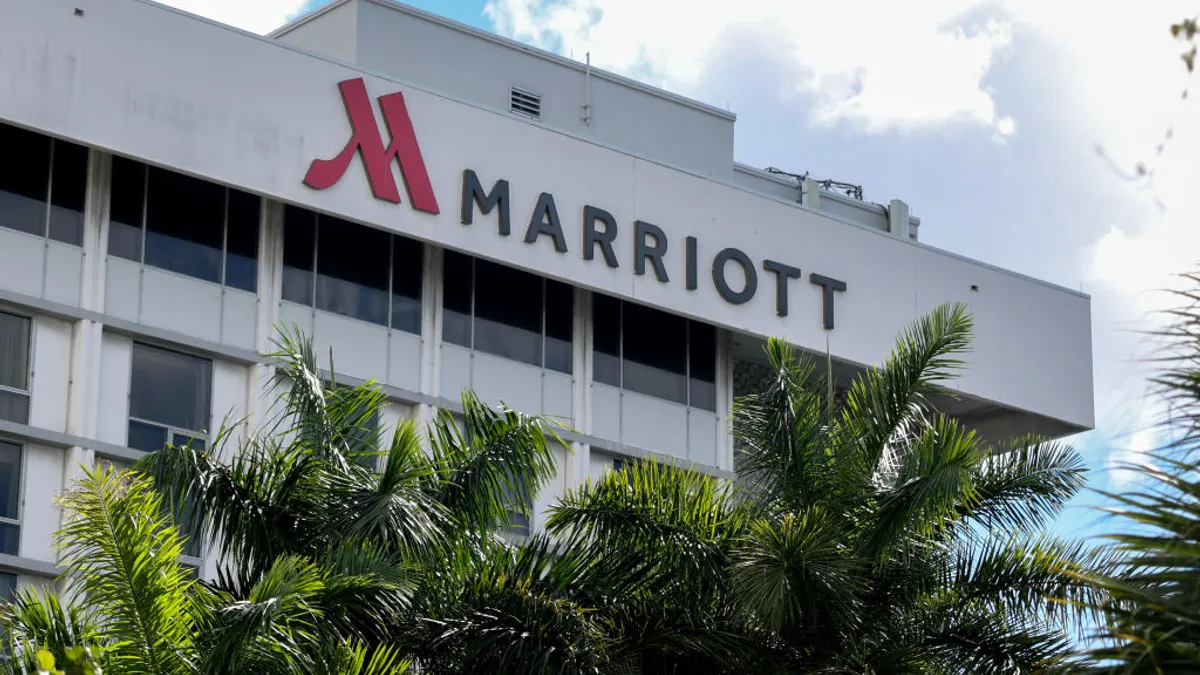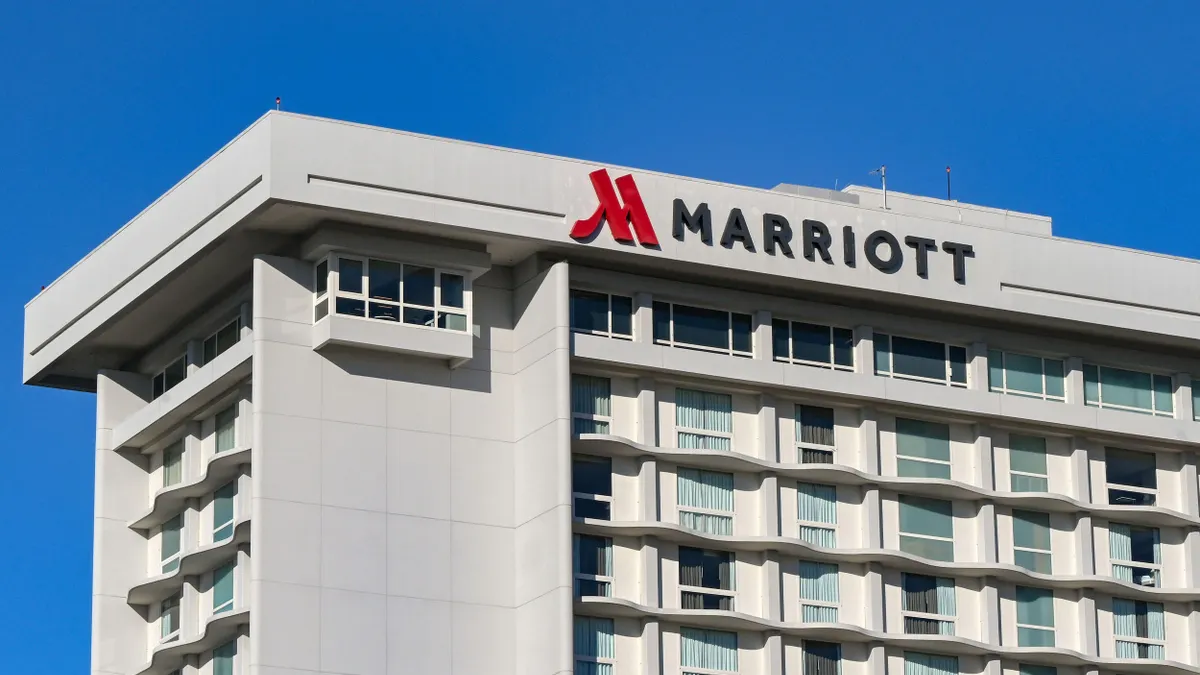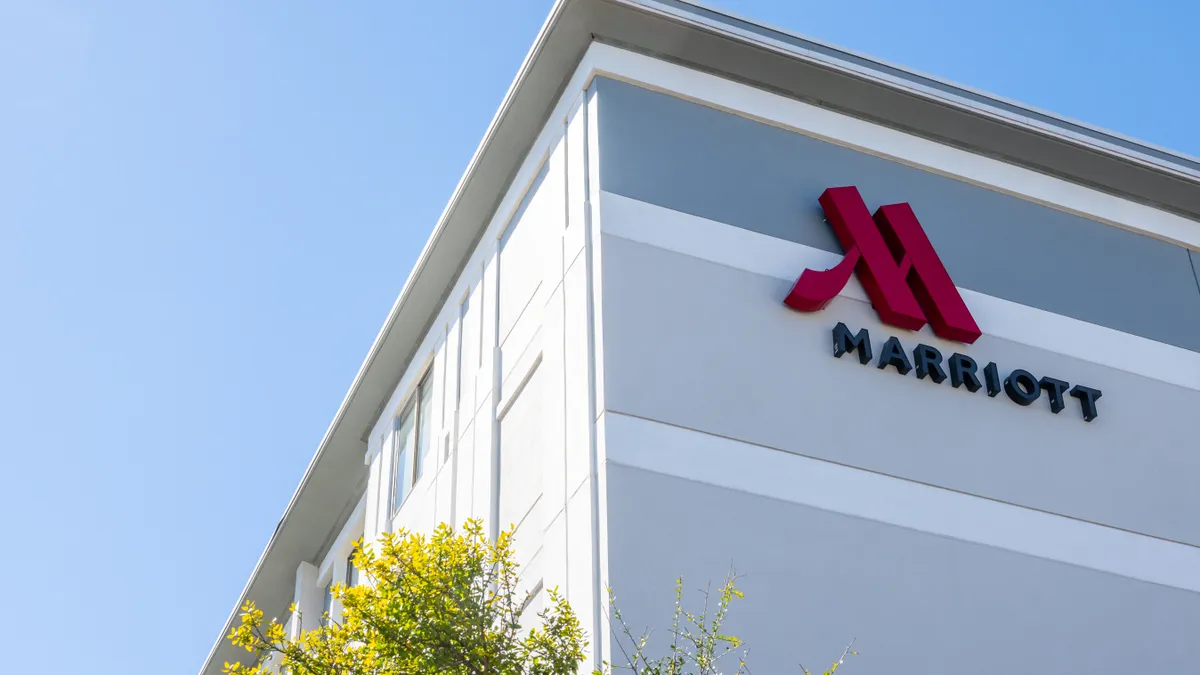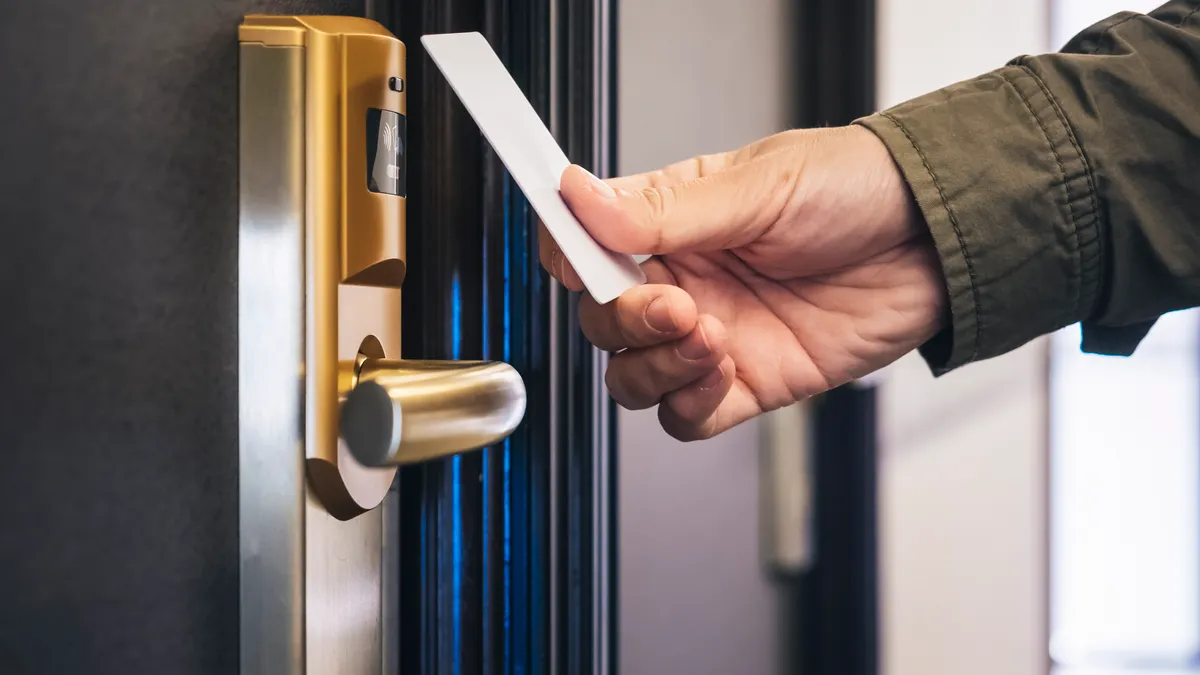The following is a guest post from James MacRae, head of payments at RMS. All opinions are the author’s own.
If you’ve been in the accommodation industry for any length of time, you understand the value of removing friction in your guest experience, those all-important interactions that can delight or derail the experience. The last thing any property manager wants to experience is a long line of frustrated guests waiting to check in and pay.
From hotels to RV parks to serviced apartments, hospitality operators are still managing payments through a dizzying array of disconnected systems. In an age where we can split a dinner bill with a single tap or book ourselves onto a flight in seconds, too many properties are still asking guests to share card details over the phone, detouring through clunky third-party payment gateways that force property managers into late-night reconciliation battles with exports and spreadsheets.
The more systems you’re using to run your business, the more opportunities there are for things to go wrong. This old, disjointed setup is both inefficient and risky. It increases the chance of human error, opens the door to fraud and chargebacks, and leaves operators with limited visibility into the true financial health of their business.
Despite the hospitality sector having always been focused on delivering service and creating memorable stays, we’ve failed to devote enough attention to the infrastructure that enables those very experiences in the first place. Payments shouldn’t be viewed as just another back-office function, but instead as a frontline touchpoint that sets the tone for trust, professionalism and convenience. When they don’t work properly, everything grinds to a halt. But when they work well, no one should notice.
What operators should do
To move forward, operators need to simplify. Instead of relying on a separate booking platform, payment gateway, terminal provider and support team, look for ways to consolidate these into one ecosystem. That might mean moving to a solution that combines bookings and payments in a single platform, where guest information, transactions and reporting are fully connected. The result is a smoother, more reliable service with one login, one support team and one source of truth.
Operators should also automate wherever it makes sense. There’s no reason your team should still be manually sending receipts, entering payment data or chasing down balances. Automating routine tasks like pre-arrival payments, reconciliation and invoicing frees up staff to focus on what they do best: delivering hospitality. It also reduces the risk of missed payments and makes revenue more predictable.
Replacing spreadsheets and paper trails with real-time reporting tools can make a significant difference. Having instant visibility into what’s been paid, what’s pending and where discrepancies lie can dramatically reduce admin time and improve financial accuracy. The ability to view status dashboards and pull a clean, up-to-date report without needing to cross-reference three different systems can be a real game-changer for busy teams.
Security is another critical area. If you’re still asking guests to share card details by phone or email, it’s time to stop. Not only is that experience outdated and inconvenient, it’s non-compliant with modern data protection standards. And then there are the horror stories — payment terminals that constantly fail or need to be reset, taking weeks to be shipped back to vendors, repaired and returned, only to break down again weeks later. All too often, this is paired with painfully poor support from payment providers, leaving staff and guests frustrated in equal measure.
It’s worth auditing your current vendor relationships: Are they helping you reduce complexity, or adding to it? Are your systems making life easier for staff, or creating more to manage? Streamlining doesn’t necessarily mean switching everything overnight, but it does mean identifying what’s slowing you down and looking for solutions that align better with how you work.
Clunky checkouts, redundant admin, and disconnected tools have become far too common in hospitality. But with the right structure in place, payment processes can become one of the most seamless parts of the operation — fast, secure and practically invisible to the guest. In an industry built on service, that kind of frictionless experience should be the standard we’re aiming for.
The old saying is true: Time is money. And if your payment platform is costing you time, it's undoubtedly costing you money. It's time to shift to a purpose-built payments solution for the hospitality industry, because when payments work seamlessly with your guest and property operations, you can focus on driving more value for every guest.

















